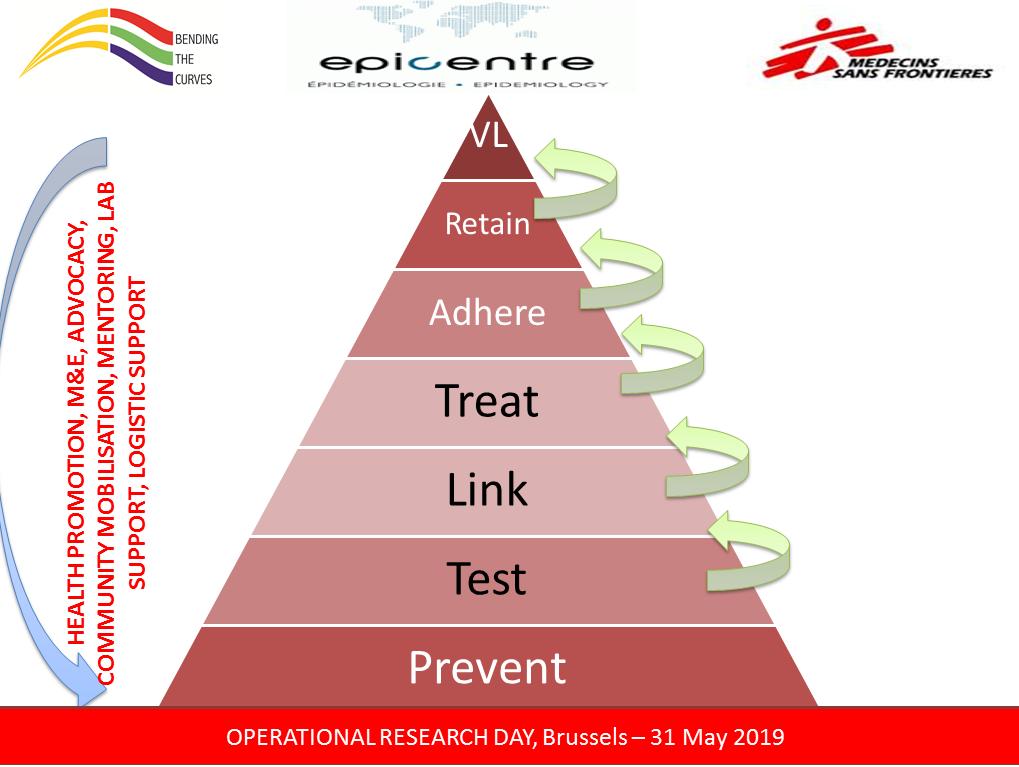|
Getting your Trinity Audio player ready...
|
By Nevison Mpofu
Harare – UNIAIDS engaged a total of 50 men and women for a training kit for home use under the training of trainers program taking place in Harare. The training will enhance the capacity of inter-faith network institutions and leaders.
The purpose of the training goes deep into inculcating high levels of comprehensive sex education. This kind of toolkit provides education meant to change the behaviour of men so that they take the right direction in relation to issues that affect them.
An expert from Kenya who works with UNIAIDS in Zimbabwe, Jane Kalweo, PEPFAR/Global Fund Implementation Advisor said engaging interfaith network institutions on this programme accelerates the up-take and participation of men and boys in HIV, sexual reproductive health rights) and gender-based violence programmes and services.
“The focus is more on men and boys whom we want to be much engaged in issues related to HIV, SRHR and GBV. Men are less involved in HIV and AIDS yet they are the ones who cause the spread of HIV and AIDS than women do.
“It is all about involvement and engagement of men in issues that affect women more at last. Women come out on the issues of HIV and AIDS yet men hide it thereby fuelling HIV, which if unmanaged, will progress to AIDS.”
The need to engage and deliver scientifically accurate, age, culturally and theologically appropriate sexual and reproductive health education including HIV and GBV in Zimbabwe is pertinent. The programme explores approaches and modalities for reaching members, communities and young people in the church and religious settings with HIV, SRHR, GBV and life skills information.
“The toolkit is meant to influence behaviour changes in men so that they can get involved and engaged in health issues related to comprehensive sexuality education to keep them informed so that the spread of HIV and AIDS is eradicated,” said Kalewo.
Stakeholders at the symposium came from the National AIDS Council, Plan International, National Family Planning Council, Faith-based organisations and UNESCO.
One of the speakers from the National AIDS Council said although HIV and AIDS have gone down in terms of prevalence rates, certain factors like gender-based violence fuel diseases.
She noted that it is therefore important to engage men and youth especially boys to talk about what is wrong with GBV. The act of violence causes the spread of HIV and AIDS. This pandemic is still affecting communities socially and health-wise. What makes it run at a steady speed is the fact that many people found positive for HIV use Anti-Retroviral drugs which reduces the chance of progressing to AIDS.
Giving a comment on young people and drugs, Wilson Box, the Director of Zimbabwe Civil Liberties and Drugs Network said the abuse of drugs leads to health challenges, suicide and depression as well as the destruction of the social fabric in societya and in some instances, the spread of HIV and AIDS.
Redah Manga, the HIV and Gender Specialist at UNWomen said GBV increases the risk of HIV in the sense that it takes away the power to negotiate for safe sex.
“GBV also creates fear and as a result, a positive partner may not disclose their status due to fear of abuse. Male engagement is key in the fight against GBV because men and boys can be agents of change in the prevention of GBV. Male champions can speak against GBV with their counterparts in their social settings, thereby raising more awareness of the negative impacts of GBV on the family and the community as a whole,” Manga said.
Musa Hove, the Director Safaids Zimbabwe said working with religious leaders within the HIV, GBV and SRHR responses in the country has never been more important than now.
“We are at a time where we see multiple gains made over the years rolled back by the Covid-19 pandemic. It’s therefore important that we double our efforts in engaging men and boys as partners in accelerating ending Aids by 2030. Religious leaders are a unique social asset that has influence and sustained engagement with men and boys towards encouraging a transformative shift in their attitudes, perceptions and behaviour towards women, girls and children and can also challenge harmful social norms that perpetuate HIV and GBV. It is for this reason that UNAIDS partnered with us to develop this toolkit and ensure we reach men and boys across Zimbabwe,” Hove said.






